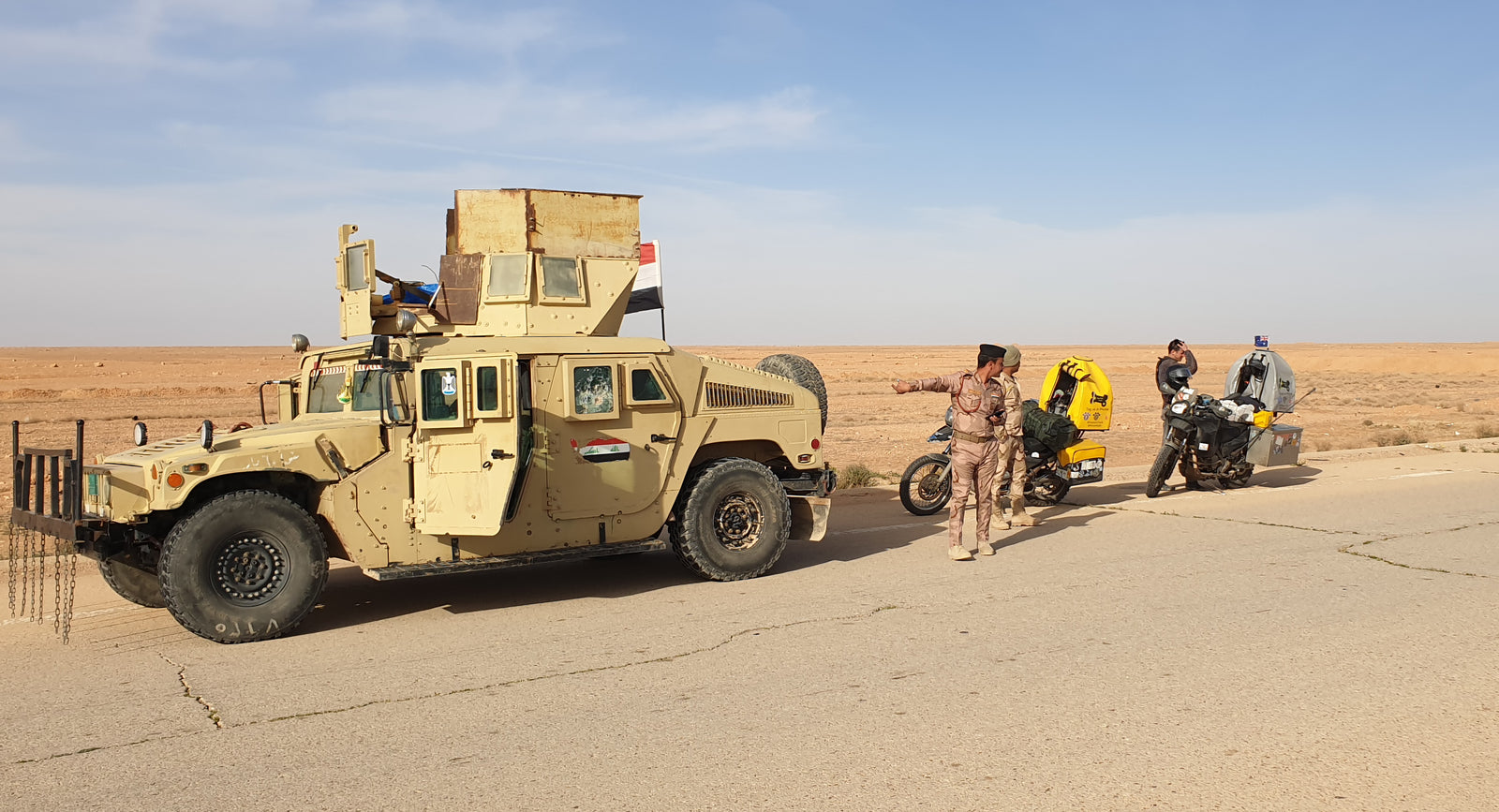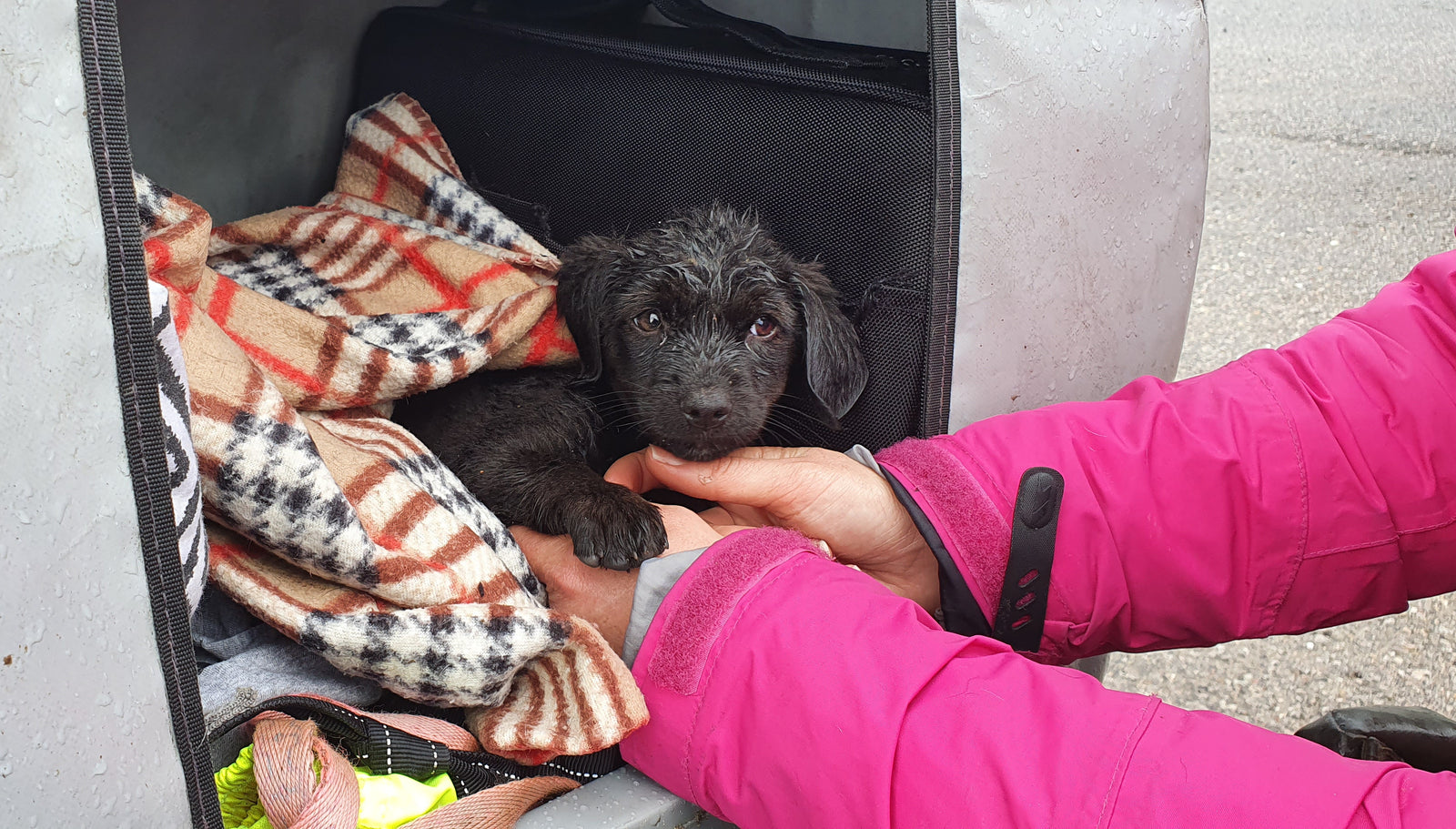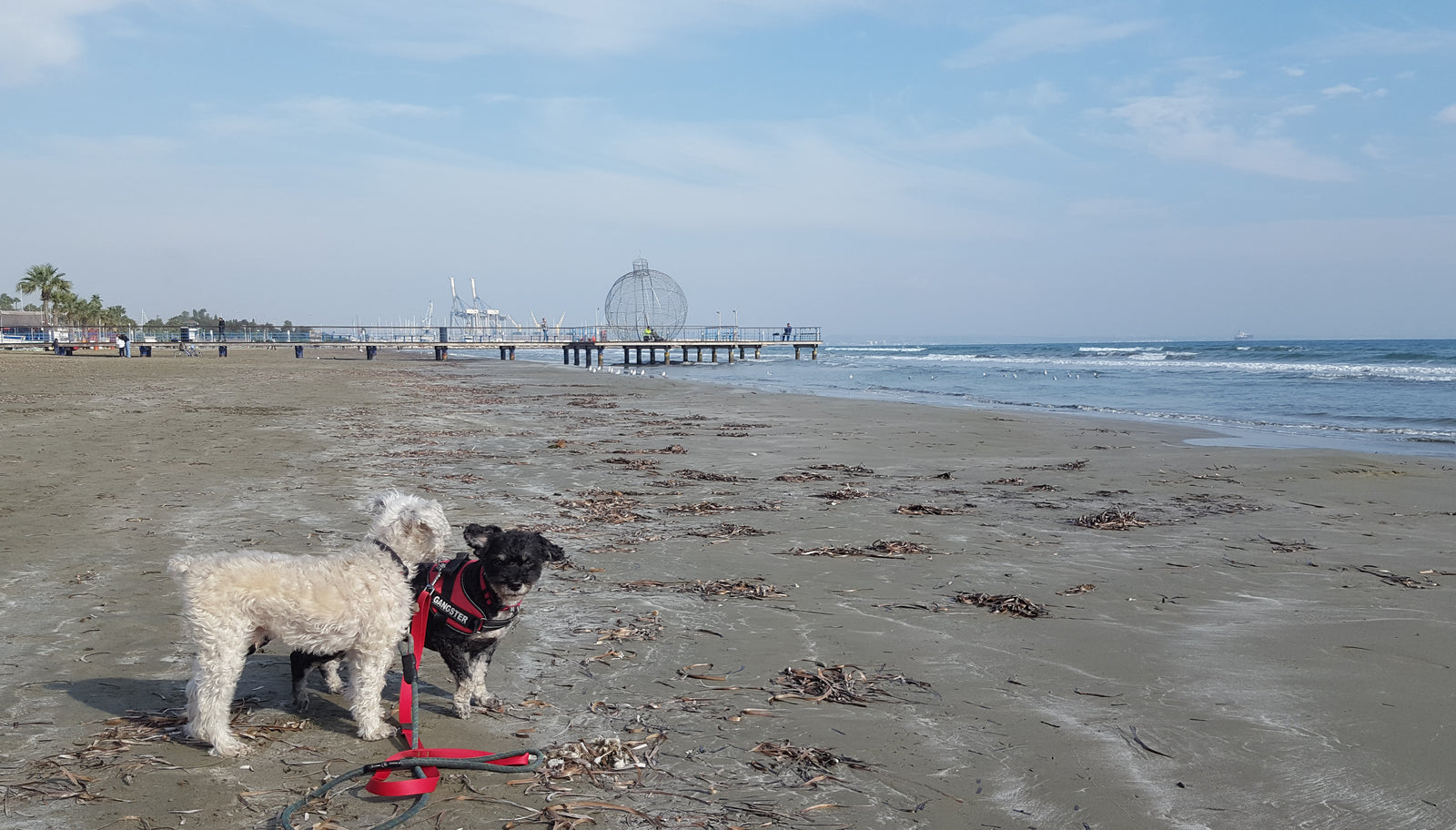Guyana to Venezuela by boat
August 16, 2014 1 Comment
Told in the collective first person, jointly from Stu and Janell Clarke's perspective.
Narrated Audio Blog
The MV Kimbia, a 70 year old dilapidated ocean going passenger and cargo transport ferry, is said to be one of the oldest ships in the maritime public transport industry. It services the communities in the Northwest region of Guyana, a region only accessible by boat due to the whole area being a marshy swamp land interspersed with river systems. The ferry ride is usually around 25 hours but inclement weather can extend this voyage to 30-36 hours. The trip is very much a third world transportation experience; grossly overcrowded, terrible sanitation, all kinds of animals and next to no consideration for safety.


Guyana is a developing country on the north coast of South America. It has a population of around 750,000 and is the second smallest country by land mass in South America. By the time we reached Georgetown, the capital of Guyana, and had spent a few days exploring the city, we had seen everything we wanted. This took us about a week in total and from this point onwards, we were ready to move on.
From Georgetown, The Pack Track decided to investigate a direct route to Venezuela. Here-say led us towards the border town of Mabaruma, Guyana, where we were told we'd easily find a boat to take us along the maze of rivers to a major city within Venezuela. Mabaruma is only accessible by boat therefore it was necessary for us to suffer the discomfort of travel on the aforementioned MV Kimbia to head into the unknown. The ferry schedule was haphazard to say the least. Passengers were advised to call up each morning to see if the ferry was to leave that day. After six days of calling every morning, the ferry would finally leave on Sunday the 10th of August 2014 at 1pm.


Thanks to a benign sea state, we reached Mabaruma by 4pm on Monday, 27 hours after departing Georgetown. All three of us were in desperate need of a shower and hopeful for a clean toilet but we had no idea about accommodation, no contacts and no plan. Speaking with fellow passengers on the voyage had not been as fruitful as we had hoped. We received conflicting ideas and information about how to get to Venezuela and nothing concrete.
We waited until the ferry cleared before beginning our disembark. The tide was high and with the wharf low the gangway was very steep, not an ideal situation for riding a motorbike; however we wanted to have our bikes on land ready for any potential boat to Venezuela as soon as possible. Just before we started to disembark, a young man introduced himself to us, his name was Andrew and he said he could help us with anything we needed. We told him we were looking for a route to Venezuela, and to our delight he responded that his father had a boat leaving this afternoon or tomorrow morning and would help us out.


With the help of the crew and Andrew, we handled the bikes down the steep loading planks. We'd like to say that once off the ferry, both bikes started first time and off we rode to the hotel but this wasn't the case!! Janell's bike decided it wasn't going to start without some attention, attention we really didn't have time or patients for. Luckily the hotel was only a couple of hundred meters away but the mud and potholes on the road made this a little more challenging but nothing we weren't accustomed to.
The town of Mabaruma was pretty run down. It had little infrastructure with rubbish and stagnant water everywhere. The hotel however, was a welcome relief with comfortable beds, air-conditioning and big bathroom, certainly more than we were expecting. The only downside was the power; government supplied power only ran from 5pm till midnight at which point the hotel switched to its generator to carry on until 8am; so no power during the day. The generator would only power fans and lights (not air-conditioning) but it was better than nothing.


As soon as we had freshened up, Andrew took us out to start looking for a boat. He introduced us to a friend who was the electrical engineer in charge of the government power station. This friend had a government provided car which he used to run a taxi service during working hours for personal gain. We wondered if the power would be able to stay on throughout the day and night if certain people were taking their responsibilities more seriously. The 'taxi' took us all to see Andrew's father, Alan, who's boat often went to Venezuela to 'smuggle' fuel. Unfortunately Alan had changed his operation such that he picked up fuel barrels dropped off by a partner on the beach at roughly the halfway point, this way he did not need to travel all the way into Venezuela. However, Alan said he would speak to people in the morning and find us a ride. He asked us to come past his bar (Bar Latino) the next morning and he would have some news for us. After speaking with Alan, our 'taxi' driver took Andrew and us for a tour of the airfield and a few other sites but it was dark so didn't see much. On our way back to the hotel we stopped for a beer to say thank you the Australian way to Andrew and the driver for taking us around. The driver accepted the beer and then charged us $20 for the taxi ride we didn't even ask for. After that experience we decided that in future we wouldn't accept any more car or 'taxi' rides.
As instructed, we visited Alan at his bar first thing. Unfortunately he hadn't been able to find anyone going to Venezuela with a boat big enough to take our bikes. His suggestion was to keep asking around at the wharf, so that we did. On our first day of asking we were offered to be taken to Venezuela for $1,500 but this offer quickly reduced to $1,000. Alan had told us to expect to pay around $100 per person. The vast difference in these prices was due to the exclusive charter of the boat rather than 'hitch-hiking' on a boat already heading to Venezuela.

We had a problem, our main constriction was money. Mabaruma has no ATM's and the nearest town with a bank costs $70 per person for a round trip. Add to this dilemma that we could only withdraw a maximum of $300 a day and it makes a very expensive ATM trip. Later that day we were offered to hitch-hike with a boat that would be leaving on Thursday for $200 total. This sounded great but to ensure we had the funds Stuart took the one and a half hour boat ride to Port Kaituma (the nearest ATM) to do some banking. The boat leaving on Thursday changed to the boat leaving on Saturday changed to no boat arriving on Saturday and everyone involved disappearing with no information. We knew that on Sunday the ferry (MV Kimbia) was to return to Georgetown, so Saturday was our 'go' or 'no go' day. With our organised boat nowhere to be seen we frantically asked around for any information of any other possible boats we could jump on. Being the only white people in town we were easily identifiable and had become known as the people wanting a boat to Venezuela. We finally found a Venezuelan, Lawrence, who had some good information about a scheduled boat which left from Charity, a short bike ride from Georgetown. Lawrence made a few calls on our behalf and before long he had us booked on a boat to Venezuela for a total of $500. To our relief we finally had a solid plan.
We soon found ourselves in Charity, a couple of hours ride from Georgetown waiting for a second boat to take us to Venezuela after the first boat fell through. It just seemed people kept promising us something that didn't exist.

1 Response
Leave a comment
Comments will be approved before showing up.
Also in Dog Blog

Iraq
March 30, 2022 1 Comment

Turkey & Azra
March 30, 2022

Cyprus
January 12, 2022
Are you a Dog Person?
Do you Love to Ride?
Click below for more information on how you can take your best friend along on your next biking adventure
© 2025 The Pack Track.
Powered by Shopify
Marco C. Pereira
November 03, 2023
Great to read ;) Keep going guys. This is traveling for real !!